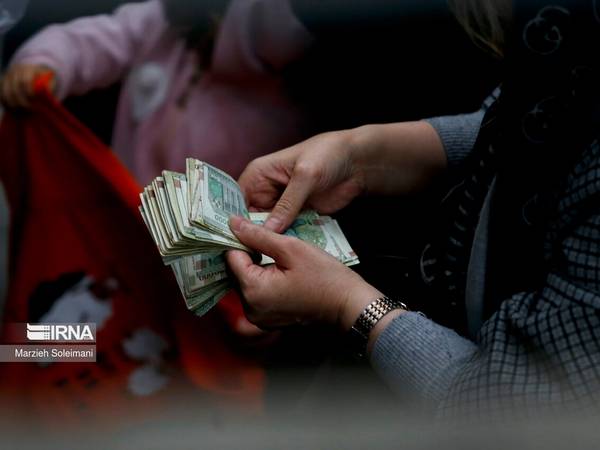After a short respite, Iran’s currency, the rial, plummeted on Monday to its lowest-ever level against the US dollar and other major currencies, just two days before the Norouz (Nowruz) holiday.
The Iranian currency had fallen to 605,000 rials per dollar earlier this month and then briefly rose to 590,000. However, despite a US sanctions waiver last week, the rial began to fall when the markets re-opened on Saturday after the Islamic weekend on Friday.
The rial was trading at 607,000 per dollar Monday afternoon local time, with each euro fetching more than 660,000 and the British pound 773,000.
The Biden administration renewed a sanctions waiver for Iraq to import electricity and natural gas from Iran, and also allowed Baghdad to pay Tehran with euros and dollars, providing a few billions of dollars to the crippled Iranian economy. However, local investors and ordinary people expect the economic crisis to deepen and inflation to rise. They buy US dollars and other major currencies to protect their capital and savings. Iran’s current annual inflation rate hovers around 50 percent.
The United States imposed tough sanction in 2018, when former President Donald Trump withdrew from the 2015 JCPOA nuclear deal. The Biden administration initiated talks in early 2021 to restore the agreement, but Iran refused a proposal in mid-2022, increasing its uranium enrichment to near weapons grade.
Iran’s proxies are also attacking Israel and international shipping in the Red Sea, while it also supplies weapons to Russia for its invasion of Ukraine.

